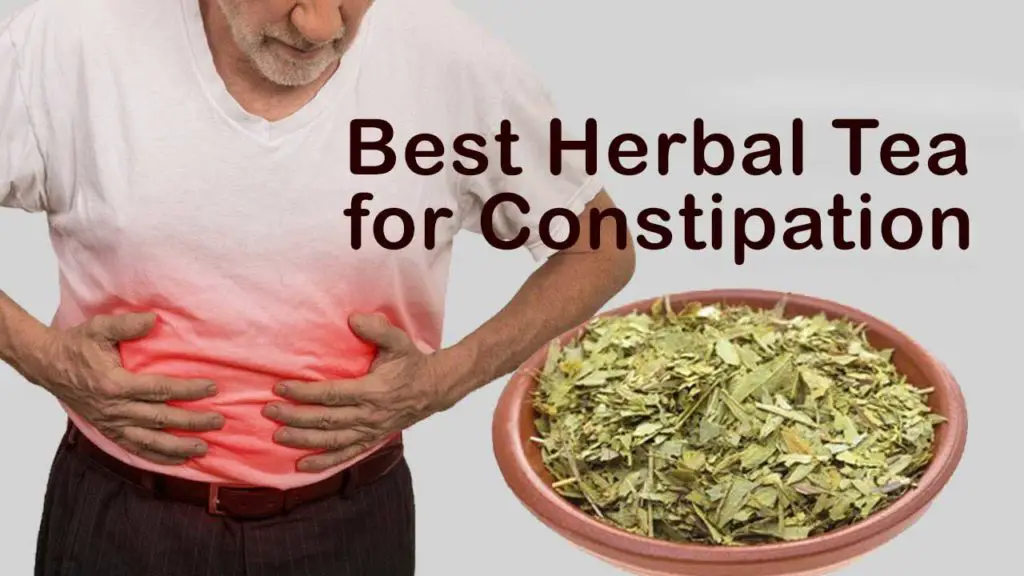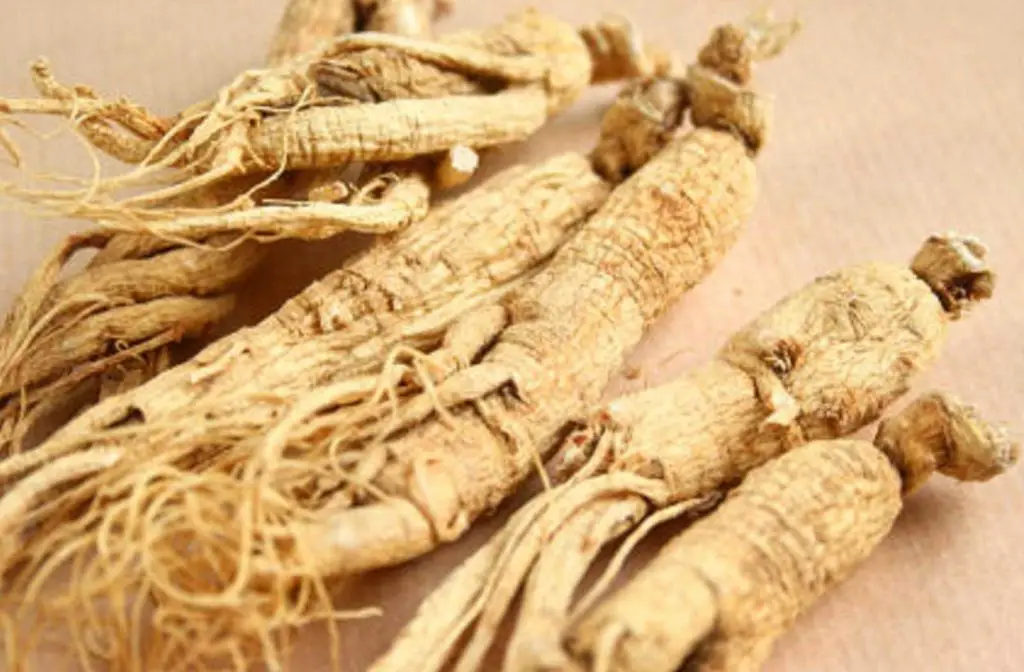Being constipated is one of the most painful and helpless feelings in the world. You’re full of gas and just want to excrete to make it go away. Unfortunately it’s easier said than done and sometimes you need assistance of something that helps you poop. If you’re anything like me you prefer to use something natural, which is why I’ve compiled a list of tea’s that act as laxatives and help remove constipation.
Chamomile Tea
Not only does Chamomile make for a comforting and relaxing beverage, but it also has a myriad of beneficial properties. Among those properties, chamomile is often used to provide relief to the digestive system, treating conditions like diarrhea, nausea, irritable bowel syndrome, and constipation. Although there is not much research on the effects of chamomile on constipation specifically, it is likely just because research has not targeted that area yet. There are several studies proving how efficient chamomile is at treating other digestive issues, like the ones listed above. Many people claim feeling relief for their constipation after drinking chamomile tea, and the effects may have something to do with chamomile acting as an antispasmodic on the digestive system. As an antispasmodic, chamomile relaxes the digestive muscles and allows stool to pass more easily. Chamomile should only be taken in limited quantities because larger amounts can lead to nausea, vomiting, and potential allergic reactions.
Prune Tea
Prunes are probably one of the most famous of the natural laxatives. As such, there are multiple studies testing the efficacy of prunes, Prune juice, and other prune-based foods and drinks on constipation. A study conducted in 2007 showed that prune yogurt improved mild constipation in elderly patients in a randomized, double-blind trial. Another study conducted in 2011 showed that dried prunes were not only effective in treating constipation, but were also safe, palatable, and even more effective than many commercially available laxatives. Aside from these two examples, there are many other studies that have been conducted showing similar results. As such, prune tea may be an optimal treatment for those with chronic or severe constipation.
Fennel Tea
Fennel has been used for many years as a laxative, and it is thought to improve motility of stool in the digestive tract. Additionally, it is said to have an antispasmodic effect on the digestive system, improving the symptoms of constipation. Aside from constipation, fennel can improve other digestive issues like flatulence and bloating. There has been some research in this area, with a 2012 paper reporting that fennel improved gastric motility in an animal study. Additionally, a human clinical trial was conducted in 2010 that showed fennel to be an effective and safe alternative to standard laxatives in the treatment of constipation.
Peppermint Tea
Much like chamomile tea, peppermint tea also acts as an antispasmodic for the digestive system. Numerous studies support its use for treating irritable bowel syndrome. A study performed in 2005 showed that peppermint oil soothed the symptoms of IBS patients with mild diarrhea and constipation, and even noted that peppermint may even be the treatment of choice for some cases of IBS. Another study published in 2001 even showed that peppermint brought intestinal relief to children. This provides evidence that peppermint is generally safe for people of all ages. Peppermint has shown to be so effective in treating digestive issues that research has moved past the stage of determining if it is truly effective. Now researchers are working to determine what is the most effective way to use peppermint in treating digestive problems. Researchers are working on designing new delivery systems that can be used to treat people, however, peppermint tea is still effective for helping those suffering from constipation.
Black Tea
Multiple studies have shown that black tea has multitude of beneficial effects, some of which help with constipation and other bowel afflictions. In 1997, a study was performed over the course of 4 weeks to determine the effects of black tea on a group of 82 men and women. At the end of the four-week period, the experimental group who received black tea experienced a softened stool consistency compared to the placebo group. However, the effects of black tea on constipation are still inconclusive. Unlike the study in 1997, a study performed in 2005 revealed that black tea (as well as chocolate and bananas) may actually cause constipation for some people. Because of those results, more research is still needed in this area.
Senna Tea
Senna tea is known to relieve occasional constipation, and a study conducted in 2006 supports this. That study researched the effects of Senna tea on nursing home patients in a randomized, double-blind trial. At the end of the study, patients with chronic constipation experienced more frequent bowel movements on average than those patients given the placebo treatment. Other research has shown that Senna is a powerful laxative; however, it should be used with caution. Many people report adverse side effects that mostly relate to the abdominal area. Some people even say the side effects are worse than the standard pharmaceutical laxative.
Ginger Tea
According to traditional use, ginger can be used to treat a broad assortment of ailments, including constipation. Although research supporting its use for constipation is lacking, research supporting the use of ginger tea for other digestive issues (such as vomiting, nausea, and inflammation) has been conducted. The research supporting those other uses certainly indicates that research should soon be conducted to test the effects of ginger tea on constipation. In the meantime, there is plenty of testimonial evidence which suggests that ginger tea speeds up a sluggish digestive system. If you are drinking ginger tea to relieve your constipation, exercise caution. Ginger tea may have adverse effects for people taking medications for diabetes or blood-thinning.
Licorice Tea
Traditional use shows that licorice is a natural laxative, however research has not yet been conducted to explain what compounds exist within licorice that make it a laxative. Additionally, research has not been conducted showing how effective or safe licorice is as a laxative in comparison to other herbal remedies or standard medications. Licorice tea should only be consumed in moderation. Large quantities of licorice consumed over the course of multiple days is known to cause cardiac arrhythmia. There is also some evidence showing that regular consumption of licorice tea over the course of several weeks can cause fluid retention and high blood pressure.
Dandelion Tea
Dandelion tea is a popular herbal remedy for many cultures in the treatment of numerous digestive issues, including constipation. Unfortunately, research has yet to explore this area, but testimonial evidence shows that dandelion tea acts as a laxative. Additionally, dandelion tea is thought to relieve fluid retention and promote healthy bacteria in the digestive system. However, there are different forms of constipation, and dandelion tea is not thought to be helpful for all. Dandelion tea is thought to help with “lazy” constipation, caused by weak action of the intestinal and colon muscles. More aggressive, “spastic” constipation caused by overactive or tense muscles may not be relieved from dandelion tea.
Flaxseed Tea
A recent study conducted in 2015 showed that there is some potential for using flaxseed to treat both constipation and diarrhea. This study was conducted on rabbit and guinea pig models, and the results showed that flaxseed oil exhibits laxative activity and antidiarrheal activity mediated through potassium channels. Although this study only determined the mechanism by which flaxseed works as a laxative, the promising results certainly warrants further study in this area. Aside from this study, many people regularly use flaxseed to treat their constipation. However, flaxseed tea can be slow acting and may take upwards of a week to see results with regular consumption. As such, flaxseed tea may be better for treating chronic constipation instead of constipation that requires immediate relief.
Mint Tea
As seen in the peppermint tea section, there are many benefits of drinking peppermint tea, including the relief of constipation. Those effects are not limited to peppermint alone, as most mints have similar medicinal qualities due to their close evolutionary relationships. While peppermint tea is the most popular of the mint varieties, many people often enjoy the taste of spearmint tea which also relieves constipation and other gastro-intestinal issues. While most research has primarily focused on peppermint tea (likely due to its popularity), many people claim to experience the same relief by drinking other varieties of mint tea.
Marshmallow Tea
Marshmallow root tea has been used for centuries to treat constipation, and it is thought to work by lubricating the colon and relieving inflammation. While experimental studies on the effects of marshmallow tea on constipation are limited, it is still a popular choice that is thought to provide some relief to stagnant bowels. Many parents prefer to use marshmallow tea for their children due to its flavor, safety, and multitude of benefits (constipation relief included). In fact, marshmallow tea is even considered to be safe for women who are pregnant and breastfeeding.
Teas to Avoid with Constipation
Cinnamon Tea
Large amounts of cinnamon can be very dangerous and can cause severe complications to the digestive tract, including intractable constipation and damage to the intestinal wall. Even if taken in mild to moderate amounts, there is still no real evidence that cinnamon prevents or treats constipation, as reported by numerous medical doctors. In addition to avoiding tea with large quantities of cinnamon, taking an excess of cinnamon pills or capsules should also be avoided.
Green Tea
Green tea and its perceived use for relieving constipation has yet to undergo scientific research and testing. Additionally, many people claim to actually feel constipated after drinking green tea. Upon discovering the compounds that make up green tea, it is unsurprising that green tea may cause constipation. There are two primary compounds found in many beverages that are known to constipation: caffeine and tannins. By volume, each green tea leaf is composed of 10-15% of tannins. Those tannins can irritate the bowels and dehydrate the stool, leading to constipation.
Chinese Tea
Research has yet to look at the compounds within Chinese tea and has yet to conduct experimental trials. However, in a study conducted in 1999, over 2800 elderly patients suffering from constipation were interviewed to determine if there were any diet-associated links with their constipation. The results showed that increased rates of constipation were reported in patients who were drinking increased amounts of Chinese tea. Those results were replicated in another study conducted in 2006 where Japanese women aged 18-20 also reported having increased constipation with regular consumption of Chinese Tea. If you are suffering from constipation, those epidemiological studies show that you may want to avoid Chinese tea.
References:
https://www.ncbi.nlm.nih.gov/pmc/articles/PMC1504712/pdf/bmjcred00649-0026a.pdf
https://www.ncbi.nlm.nih.gov/pmc/articles/PMC1909914/
https://www.ncbi.nlm.nih.gov/pmc/articles/PMC3206558/
https://www.ncbi.nlm.nih.gov/pubmed/15647650





